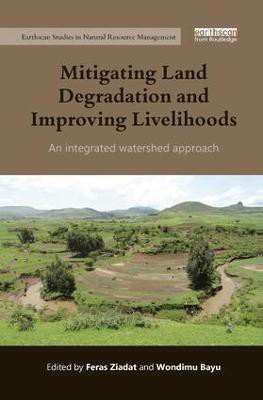Mitigating Land Degradation and Improving Livelihoods(English, Paperback, unknown)
Quick Overview
Product Price Comparison
The research presented in this book demonstrates how an integrated 'systems' approach to farming in the watershed context increases the effectiveness of a production system and improves people's livelihoods. It takes an integrated approach, using one watershed in Ethiopia as a 'laboratory' or model case study to focus on the interaction and interdependence between land, water, crops, soil, water harvesting, supplemental irrigation, forestry, socio-economic aspects, livestock and farm tools. A range of linked studies was conducted with active participation of the farming community and other relevant stakeholders, such as the local offices of agriculture and extension services. The starting point for the work was the premise that previous efforts to solve farming system constraints using a piecemeal approach or discipline-specific focus have not been successful. Thus, addressing agricultural and environmental constraints through a holistic approach enables the generation of comprehensive technologies to sustainably improve the natural resource base and livelihoods of communities. The authors discuss trade-offs and resource allocation, demonstrating how the environment can be protected while also improving productivity. A unique feature is the methodology developed for the selection of suitable fields and farmers to implement new approaches or improved technologies, to achieve production increases while reducing degradation of sensitive agro-ecosystems. It is also shown how the watershed scale is a valuable basis for assessing the protection of fragile lands.


